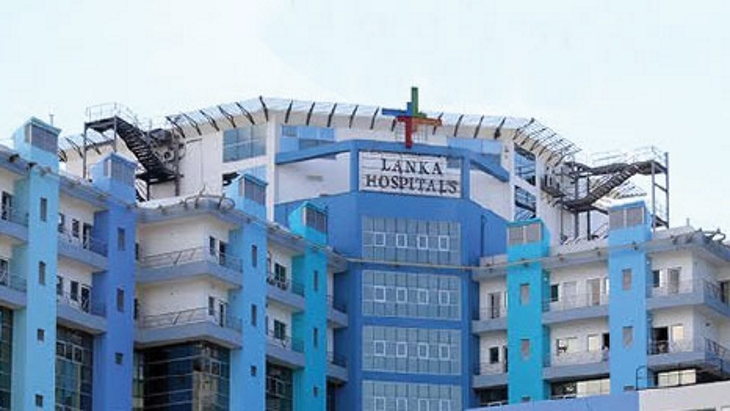Compare costs
Average cost of treatment in key countries
Include indicative costs for treatment, travel, insurance and accommodation
Get a quote
1. Complete the enquiry form
2. Select countries of interest
3. Providers respond directly
Aftercare is a crucial part of obesity surgery abroad as well as at home. Many surgeons say that aftercare is as important, if not more important, than the surgery itself. Aftercare covers everything from problems with the surgery to changes in your diet, psychological issues with your new lifestyle to physical issues such as excess skin.
One of the disadvantages of obesity surgery abroad is that the levels of aftercare can vary widely. Some leading clinics provide a full programme of aftercare back in your country of origin, while others may expect you to arrange your own aftercare or they will provide support via email and phone.
All types of obesity surgery come with potential problems, many of which may not manifest for weeks or even months after your operation. If you have your surgery at home, it is easy to return to the hospital for a check up and remedial work. However, if you have travelled abroad for obesity surgery, this is not so simple. You should always ask the clinic where you stand if anything does go wrong and who will pay to put it right.
It is important to get a full set of medical notes from your clinic abroad, so that if you do encounter problems on your return, you will be able to let the medical team at home know what they are dealing with.
Following obesity surgery, your eating habits will need to change radically. If you have had a gastric balloon or gastric band fitted, you will need to be told how to ease from liquid to pureed to semi-solid food and to ensure correct nutrition from much smaller volumes of food.
If you have had gastric bypass surgery, or a duodenal switch, then your nutrition will be even more complex as you will need to monitor and maintain your levels of the essential vitamins and minerals that you are no longer absorbing naturally.
This nutritional advice needs to be an ongoing thing, as you will need help over several months as you adapt to your new lifestyle and diet. At the very least, your clinic abroad should offer nutritional advice and guidance either by phone or online.
Regular visits to a nutritional specialist in your home country are preferable, as they can run blood tests to check for essential elements of your diet. Many nutritional deficiencies build up over a long period of time, and without expert supervision, the damage may already be done by the time the symptoms become serious enough for you to notice. Any aftercare package should make you aware of what to look for so that you can spot these signs early.
Obesity surgery provokes several psychological issues, especially with people who have eaten in response to stress or as ‘comfort food’. In the first few months, you will not be able to eat in this way, yet you will not immediately feel thinner and more positive either. Many people need a helping hand through this difficult time, as they come to terms with not being able to eat as they once did.
As time goes by, and the treatment begins to work, there can sometimes be other psychological issues that come to the fore. People who thought that they were unhappy or depressed due to their weight, may find that losing weight doesn’t help even though their general health is improving dramatically.
It may be they have deeper problems that will only respond to expert counselling and guidance. These can be crucial to help you cope with the wide range of emotions and feelings that come with rapid weight loss and sudden, extreme dietary change.
One often neglected aspect of aftercare is the need for plastic surgery to remove excess skin following rapid weight loss. Gastric bypass patients can expect to lose 70% of their excess weight in two years, while duodenal switch patients can expect to lose even more. This will inevitably lead to unsightly folds of skin that need to be removed with further surgery.
You will need to bear the costs and inconvenience of this in mind when planning your weight loss programme. If your experience of obesity surgery abroad was positive, it is worth checking whether the same clinic offers plastic and cosmetic surgery for formerly obese patients.
Aftercare is a very expensive part of obesity surgery and so it is often the first to be cut in order to save money and cut prices. However it is vitally important and you should not compromise on aftercare under any circumstances.
Always ask your clinic about aftercare before you make your choice and make sure that you will have continued access to your surgeon, as well as a complete team of other healthcare professionals, for at least two years after your operation. Not only will this help to make your surgery more successful, but it is essential for your safety too – and that’s well worth spending a little extra money for.


